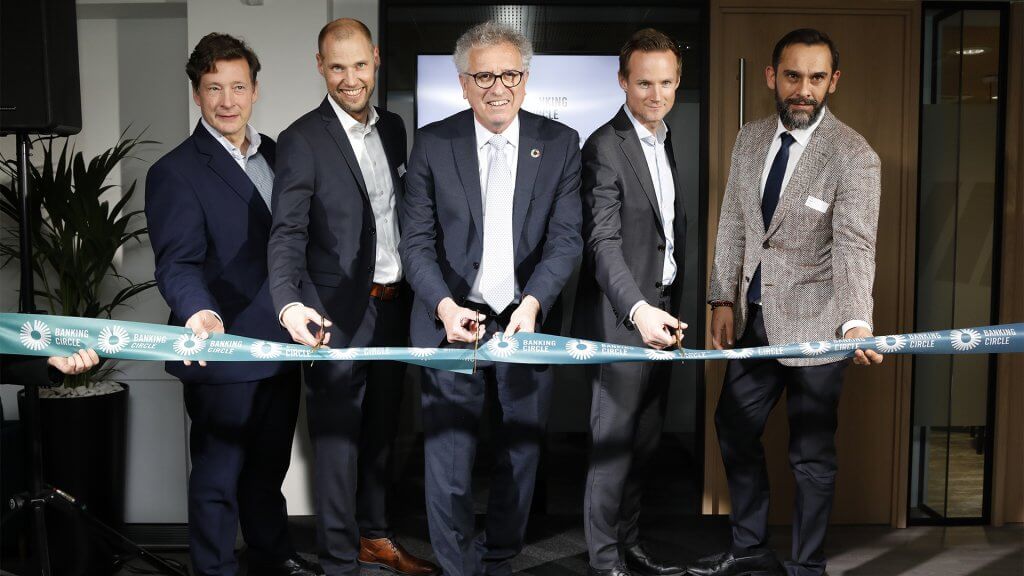Everyone’s a Winner: The Undeniable Case for Supporting Neurodiversity in Business
By Paul Graham, Managing Director at Britvic plc
With the number of job vacancies in the UK at an all-time high this year, it’s more important than ever for businesses to think about how they recruit and retain people. This should be particularly true for the neurodiverse population that work and workplaces so often fail to consider.
Representing 15-20% of the UK population, neurodiversity, according to Harvard Health Publishing, describes the idea that people experience and interact with the world around them in many different ways. Having experienced neurodiversity first-hand through my son, I think it can be put more simply as people who experience and interact with the world a little differently.
Let’s flip the narrative from weaknesses to strengths
The neurodiverse population is brimming with unique talent, and I urge businesses to wake up to the incredible skills they offer. We shouldn’t adopt a mindset of thinking about what they’re unable to do, but rather what they can do.
Neurodivergent people often possess mental strengths that are particularly well developed compared to the neurotypical population – and they’re also very broad. From an incredible eye for detail, to an ability to focus on one task for an extended period of time, these skillsets – when supported – can offer unrivalled opportunities for success in the workplace.
Of course, there are also challenges – challenges which are often exacerbated by many modern workplaces. To overcome them, businesses need to understand and consider the differences between those who are neurodivergent and those who aren’t; they have a moral responsibility to do what they can to set all employees up for success with a great working environment and equal opportunities.
We only need to look around the office to see changes as a result of the pandemic, with smart meeting rooms and fewer desks as offices facilitate hybrid working and prioritise collaboration. Why isn’t the same spend and willingness to change applied to adapting for the neurodiverse population?
Employees who don’t feel valued and supported aren’t going to work to the best of their ability, so when businesses fail to support these employees, they further risk limiting the overall success of the business. The more diverse and inclusive a business is, the more creative and successful it will be.
Creating an inclusive culture
The first step in supporting neurodivergent employees is prioritising awareness, education and listening – especially important when we consider that neurodiversity is often invisible, and neurodivergent people are skilled at masking their differences.
Neurodivergent employees have different thought-processing abilities and methods for retaining information that may challenge the ‘traditional’ ways of thinking. To embrace these differences, they must first be understood!
At Britvic, we foster a culture of communication through our Belonging network, a volunteer employee-led action group focused on listening to employees to make the workplace as diverse, equitable and inclusive as it can be. It’s dedicated to attracting and championing the needs of our employees, which is more important than ever as businesses look at ways to retain their workforce.
I’m proud to be a member of the Britvic B-Seen network in the GB business, ensuring that the needs of my neurodivergent colleagues are represented in the leadership team. Networks like B-Seen are vital because they visibly show support and foster an inclusive culture where everyone knows they have a voice that’s heard.
The importance of action
Support for inclusion is not enough, businesses must follow up with action to support neurodivergent colleagues.
Listening to the input of our B-Seen network led to us working on a recent redesign of some of the Britvic offices, ensuring the spaces properly consider all who inhabit them. While many of us may not think twice about a busy office, for someone with sensory sensitivities – common among neurodivergent people – it can be distracting and even physically painful.
When designing rooms we looked to ensure that our neurodivergent colleagues could thrive, taking into account such factors as the colour palette, lighting and acoustics. With neurodiversity – as I’ve learned – it’s these small details that are important. The result is rooms with soundproofing, softer lighting and muter colours to help our neurodivergent colleagues perform to their best.
As well as changes to the workplace, we are also constantly looking at our company policies to ensure they’re as accessible as they can be. This has seen us introduce a flexible working policy that empowers neurodivergent and neurotypical employees to work in a way that suits them best.
These are just a few of the many ways that businesses can support their neurodivergent employees. The most important lesson to learn is that there is no one-size-fits-all approach when adapting for neurodiversity.
Giving the whole business the greatest chance of success
When businesses foster a diverse and inclusive environment, they not only give their employees the best chance of success, but also the business. You’re empowering your employees to work better, enjoy work more, showcase their best and be stronger together – a cornerstone of our culture at Britvic.

Stay updated with our latest publications.
Discover Issues
See how we can help you grow in the online space!
Advertise With Us
We can help promote your business.
Find Out More




